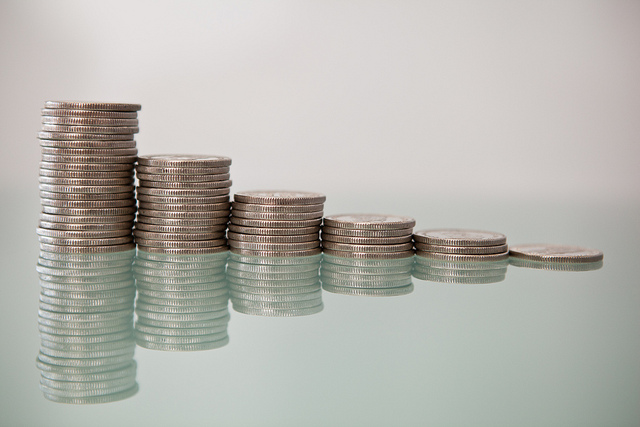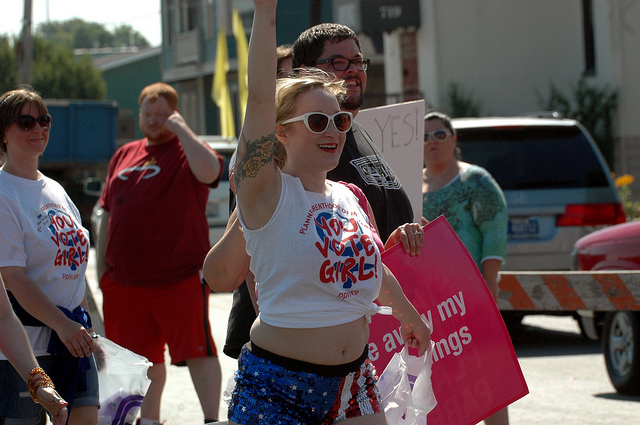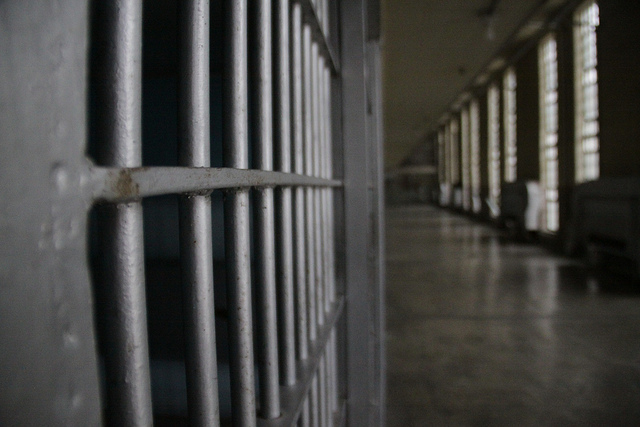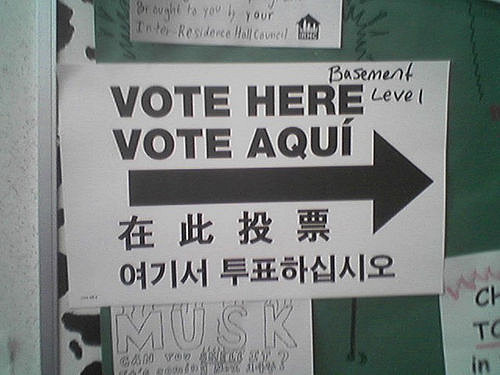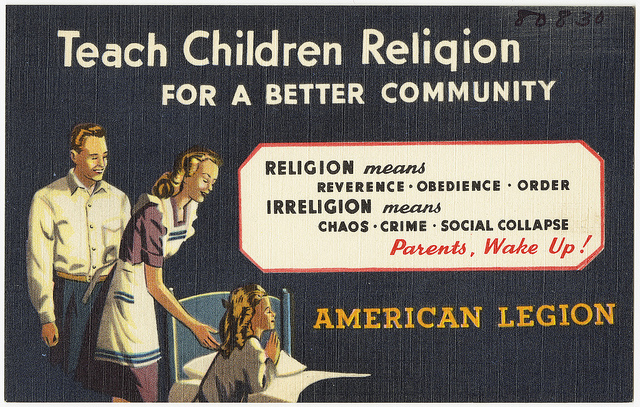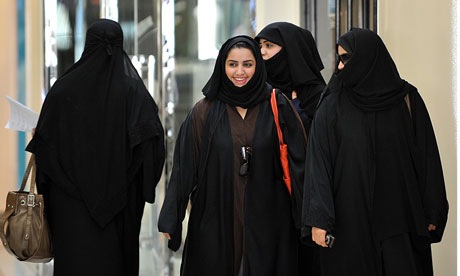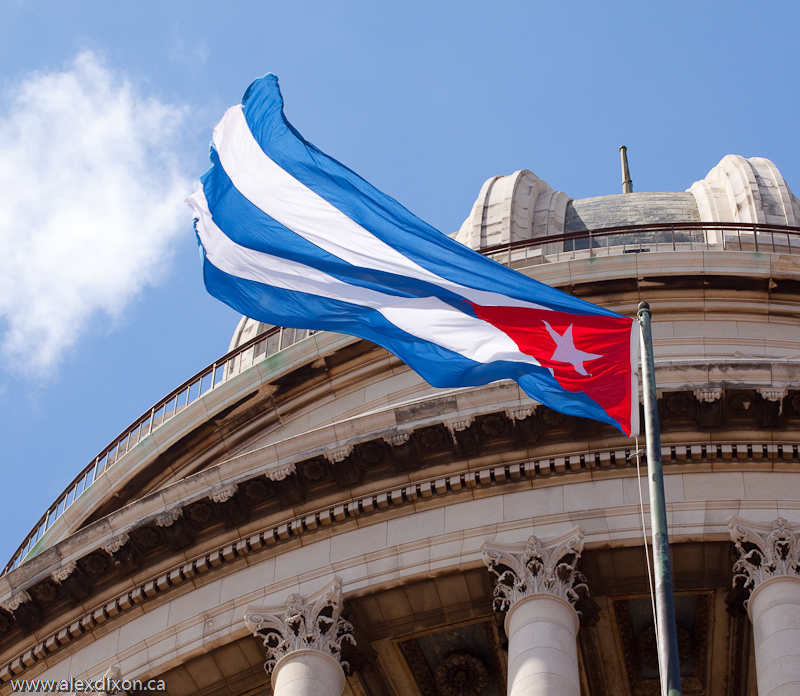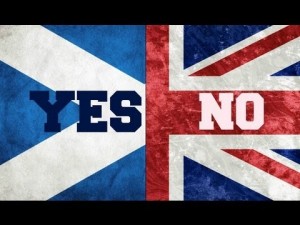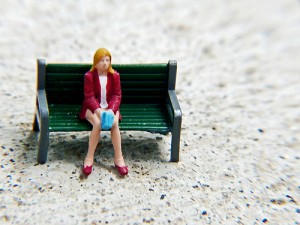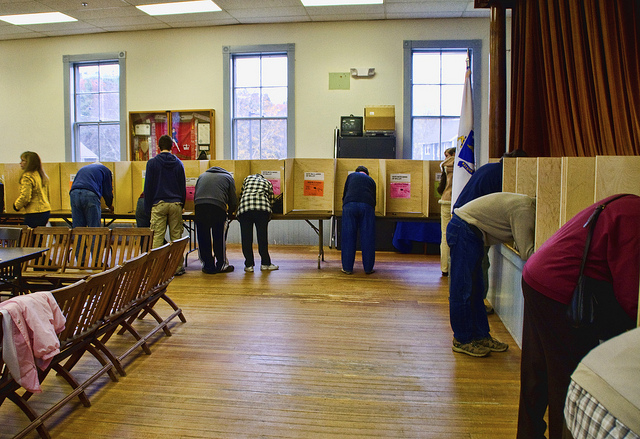
A Texas woman was recently sentenced to five years in prison for voting in 2016 presidential election. Crystal Mason was on probation following a felony conviction for tax fraud, and she was unaware that she had been barred from voting due to her record. Mason’s story represents the many barriers individuals with felony backgrounds face upon reentry into society. A recent article in The New York Times discusses the work of Sarah Shannon and Chris Uggen on state variation in felon disenfranchisement practices.
The scholars’ 2016 report for The Sentencing Project found that 6.1 million Americans are barred from voting due to a felony record. However, these disenfranchisement practices look different from state to state. Some states prohibit people convicted of felonies from voting for life. Others will restore voting rights upon the completion of a full sentence and a tedious application process. On the other end of the spectrum, some states allow those who are still incarcerated to vote. As Uggen summarizes,
“The state disparities are really astounding… It is definitely confusing at election time, and many former felons are risk-averse — they may not vote if they are afraid of getting a felony conviction for illegal voting.”
In recent years, some states have begun to reconsider their felon disenfranchisement laws, specifically due to their impact on communities of color. For example, Governor Andrew Cuomo of New York announced that he will implement an executive order to restore voting rights to parolees. Shannon and Uggen’s research demonstrates that felon disenfranchisement laws may perpetuate racial inequalities. Shannon states,
“In terms of inequality, clearly, felony disenfranchisement laws have racially disproportionate effects. Our estimates lay that bare. In addition, because these laws can vary so widely by state, the effects are also spatially disparate, impacting some states’ electorates more than others.”

